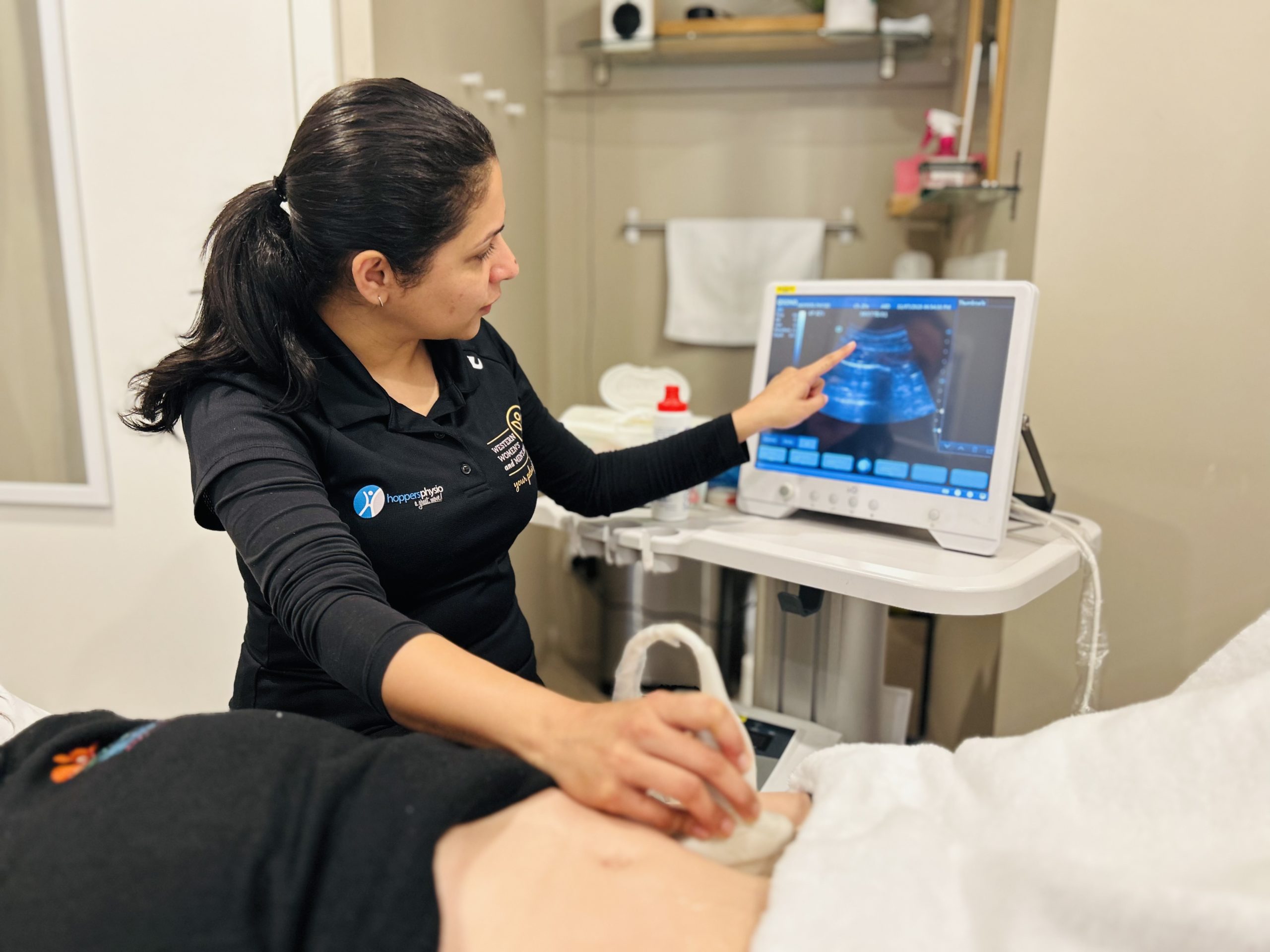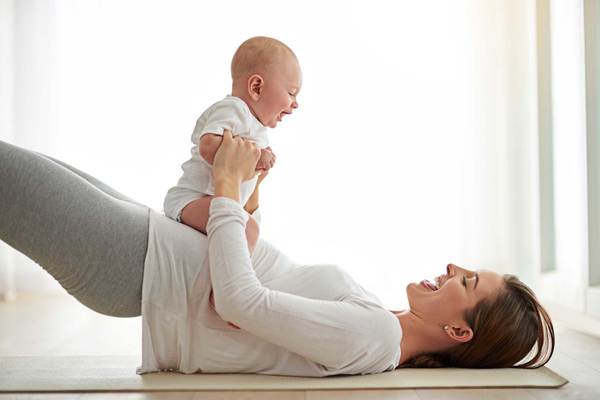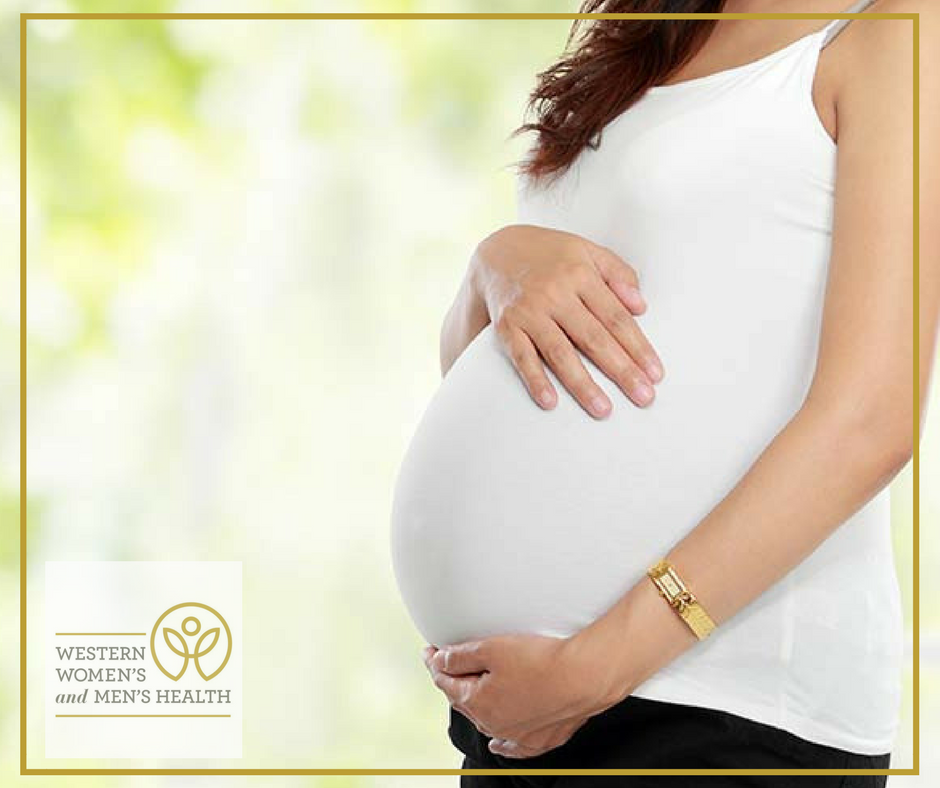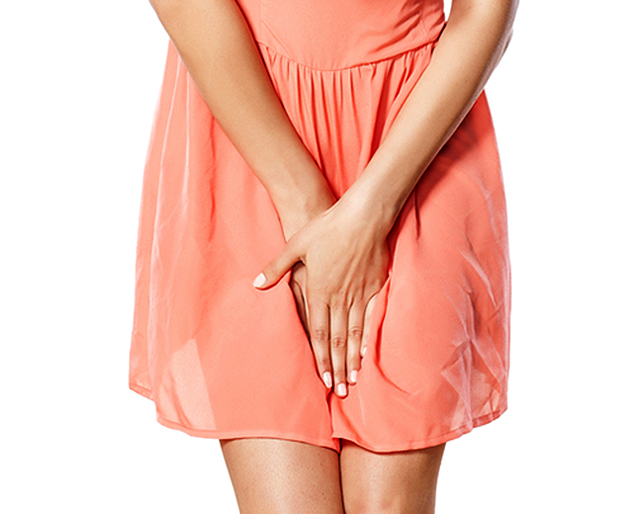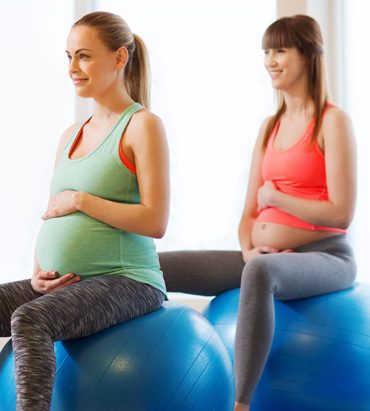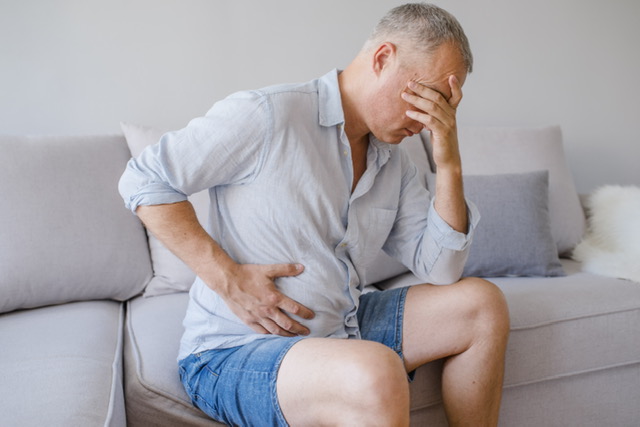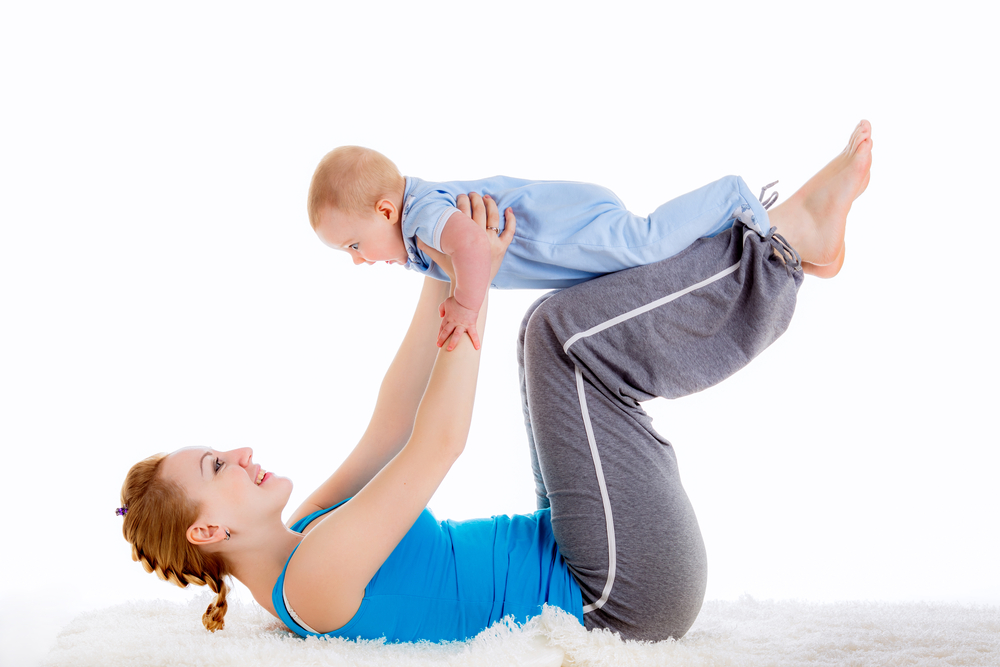Call for an appointment (03) 8001 2044
pelvic floor exercises Tag
10 Dec Core Muscle Assessment with Ultrasound: A Women’s Health Physiotherapist’s Perspective
As women's health physiotherapists, we are passionate about helping women optimize their core muscle function. One effective tool is the use of ultrasound imaging for core muscle assessment. In this post, I hope to give you a better insight into the process of core muscle...
13 Nov The Crucial Role of the 6-Week Postpartum Check-Up with a Physiotherapist. Empowering Women’s Recovery and Well-Being
Congratulations on starting your journey into motherhood! One often overlooked aspect after pregnancy is the 6-week postpartum checkup with a Women's Health physiotherapist. The importance of a 6-week postpartum checkup Restoring Pelvic Floor Function: Pregnancy and childbirth can have a significant impact on pelvic floor muscles....
22 Sep Exercises for Overcoming Baby Blues and Postpartum Depression: Nurturing Your Mind and Body
The birth of a baby is a huge milestone in a woman’s life. However, for some women, the postpartum period can bring about emotional challenges, including baby blues and postpartum depression. In this article, we explore the symptoms of these conditions, emphasize the importance of...
16 Aug The ‘ouch’ in Pelvis: Pelvic girdle pain in pregnancy
Pelvic Girdle Pain (PGP) is a common condition during pregnancy that affects around 20% of pregnant women. It can be quite uncomfortable and debilitating, making it difficult to perform everyday tasks. However, with proper management, the pain can be significantly reduced, allowing women to enjoy...
03 Jul Stress Urinary Incontinence
Stress Urinary incontinence (SUI) is leakage of urine with any intra-abdominal force/pressure. Unlike its name suggests it is NOT leakage of urine with stressful relationships, deadlines or emotional stress etc. It is about the physical stress imposed on the bladder directly. These stresses include coughing, sneezing,...
16 Apr From New Mum to Super Mum – Post Birth Recovery
If you are a new mum, you are often jumping between two extremities. From excitement to exhaustion, from thinking "Woohoo I am a new mum", to "Phew I am a new mum". You might also start to think childbirth was the easier part, and yes...
22 Feb Belly, back and beyond: How physiotherapy Pilates can help you in your journey of pregnancy.
Pregnancy pilates...
30 Jan Bowel Complaints
A number of bowel complaints: bowel urgency, faecal or anal incontinence, constipation, irritable bowel disease, and rectal prolapse, are amidst some of the many bowel problems both women and men are struggling with today. Statistics on Faecal Incontinence Statistics Faecal incontinence affects 6% of Australian men...


